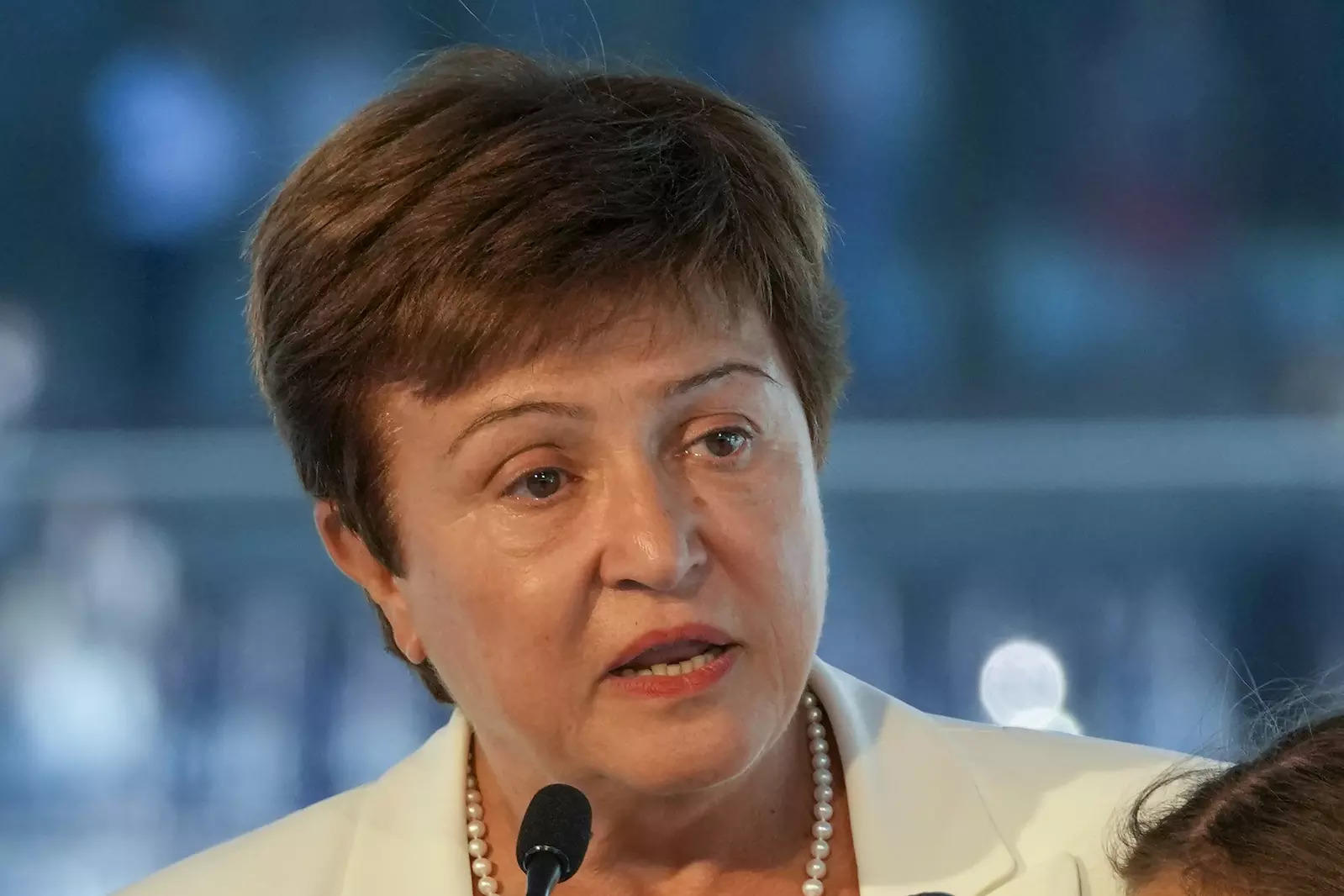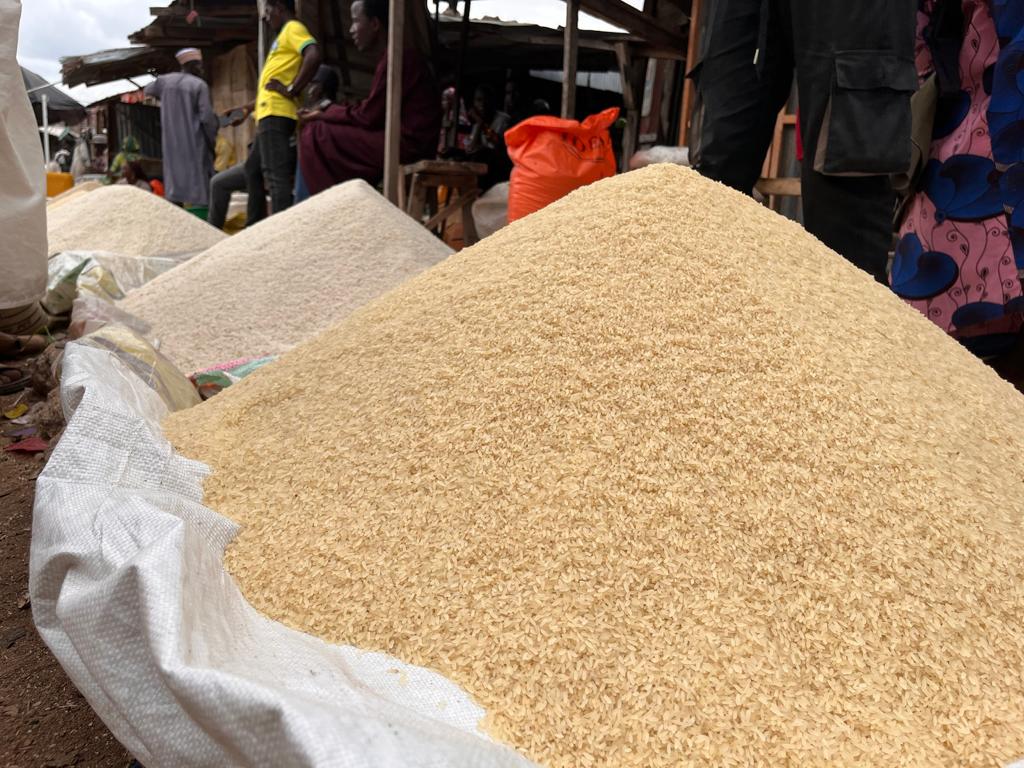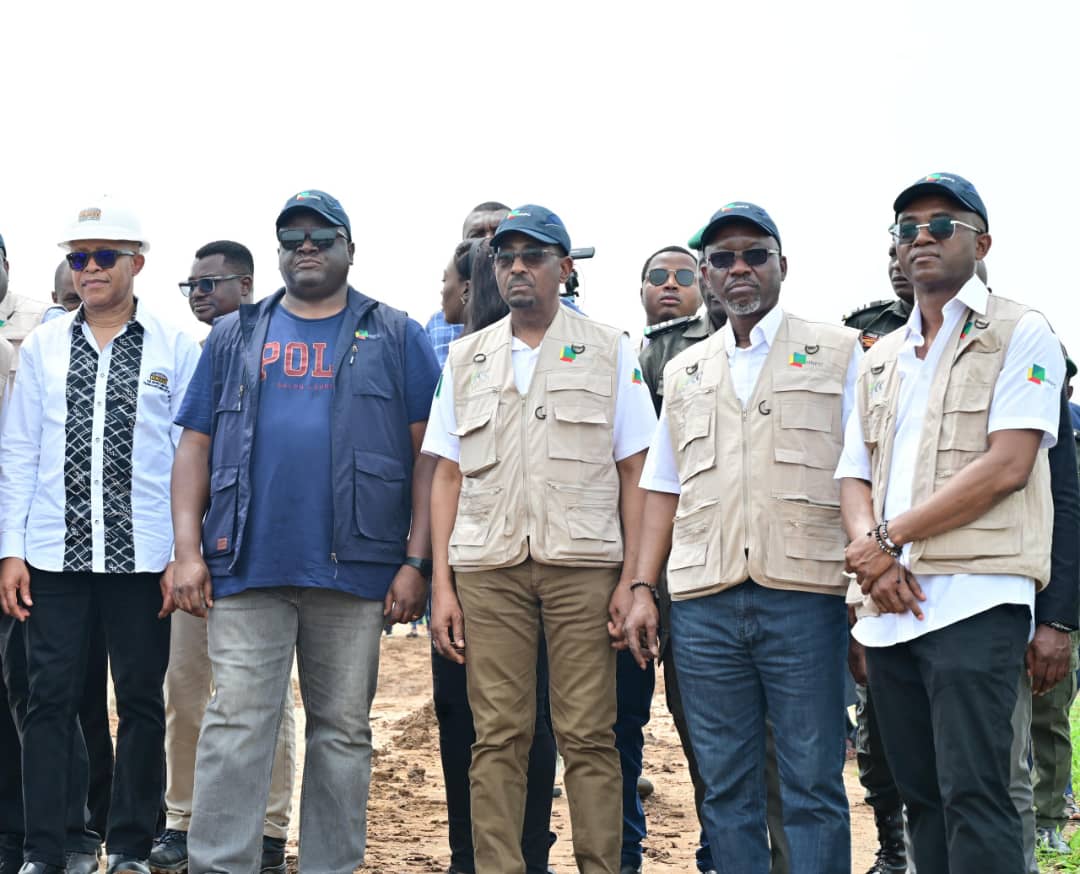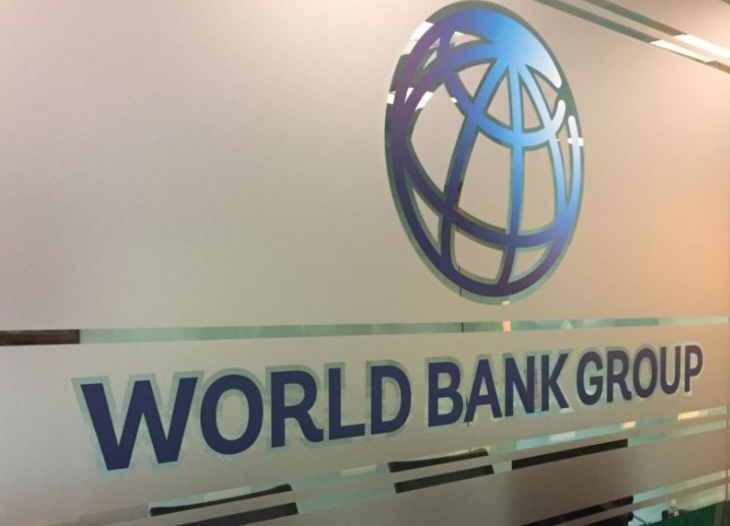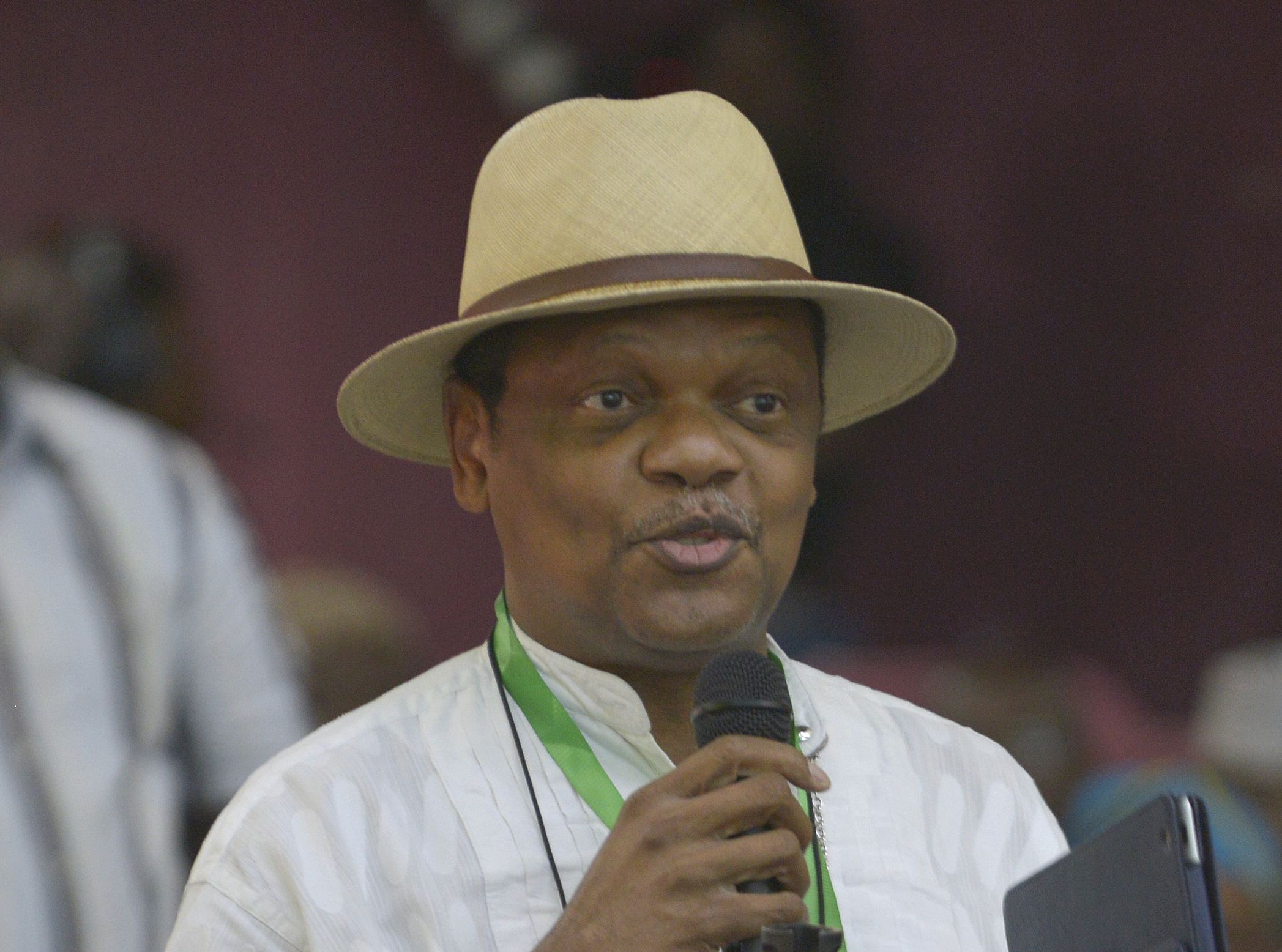Kristalina Georgieva, the managing director of the International Monetary Fund (IMF), says the ongoing Israel-Hamas war is bad for the global economy.
Georgieva said the Bretton Woods institution is closely monitoring the situation and its impact on the economy, but oil prices have been fluctuating.
She said this in a statement on Thursday, at the ongoing IMF and World Bank Group annual meetings in Marrakech, Morocco.
“In terms of economic impact, we are very closely monitoring how the situation evolves, how it is affecting especially oil markets. It is too early to say,” Georgieva said.
Advertisement
“We have seen some up and down of oil prices. We have seen some reaction on markets. As I said, we will be closely monitoring this.
“Very clearly this is a new cloud on not the sunniest horizon for the world economy, a new cloud darkening this horizon that is not needed. Pray for peace.”
The war began on October 7, 2023, after Hamas, a Palestinian militant group, invaded Israel from the Gaza Strip, killing Israelis and other nationals.
Advertisement
Georgieva said: “It is heartbreaking to see innocent civilians dying. An attack from one place on another causing also reciprocity in response, who pays the price? It is the innocent who pays the price.”
GEORGIEVA HOPEFUL AFRICA WILL GET A THIRD SEAT ON ITS EXECUTIVE BOARD
Georgieva said she’s hopeful IMF members will agree to have a third African representative on its executive board.
“We believe it is important also at these meetings to demonstrate we are capable to expand the voice of emerging markets and developing countries at the Fund,” she said.
Advertisement
“There is a lot to do to achieve it. During these meetings, the first time in 50 years taking place in Africa, I am very hopeful that our members will agree to a third African Chair at our Executive Board, from two to three, more voice to Africa.”
Addressing the call for debt restructuring for low-income countries, Georgieva said debt cancellation requires all creditors to agree.
Georgieva said: “Having the concomitant of creditors and their different configuration in every single case makes this excruciatingly difficult.”
“And therefore, a case‑by‑case approach, when we identify the creditors, creditors come together, form a Creditor Committee, and then we as institutions, the IMF together with the World Bank, we provide the parameters of what they need to agree on. This is today the way debt restructuring is delivered.”
Advertisement
However, she said the request for debt restructuring should be assessed objectively and realistically.
Advertisement
Add a comment
